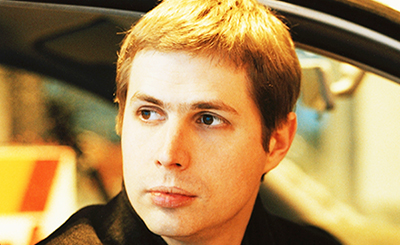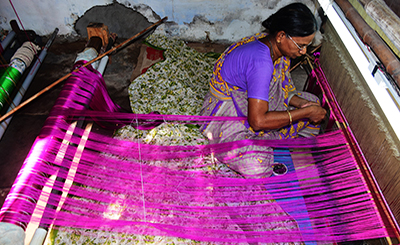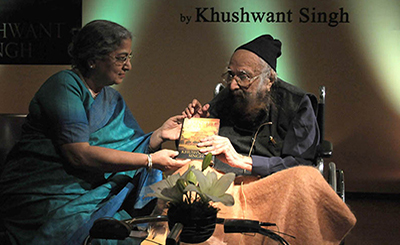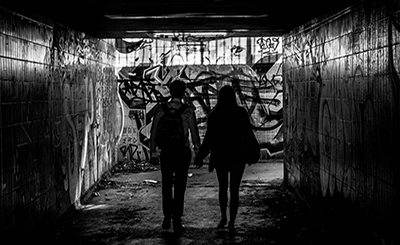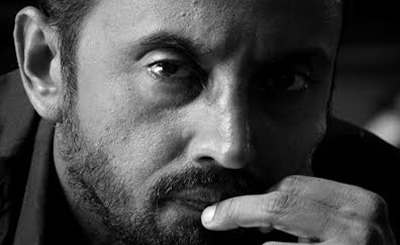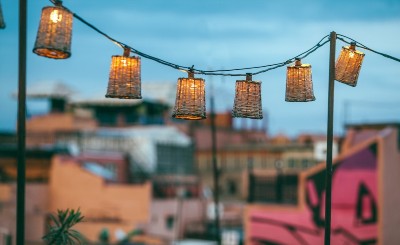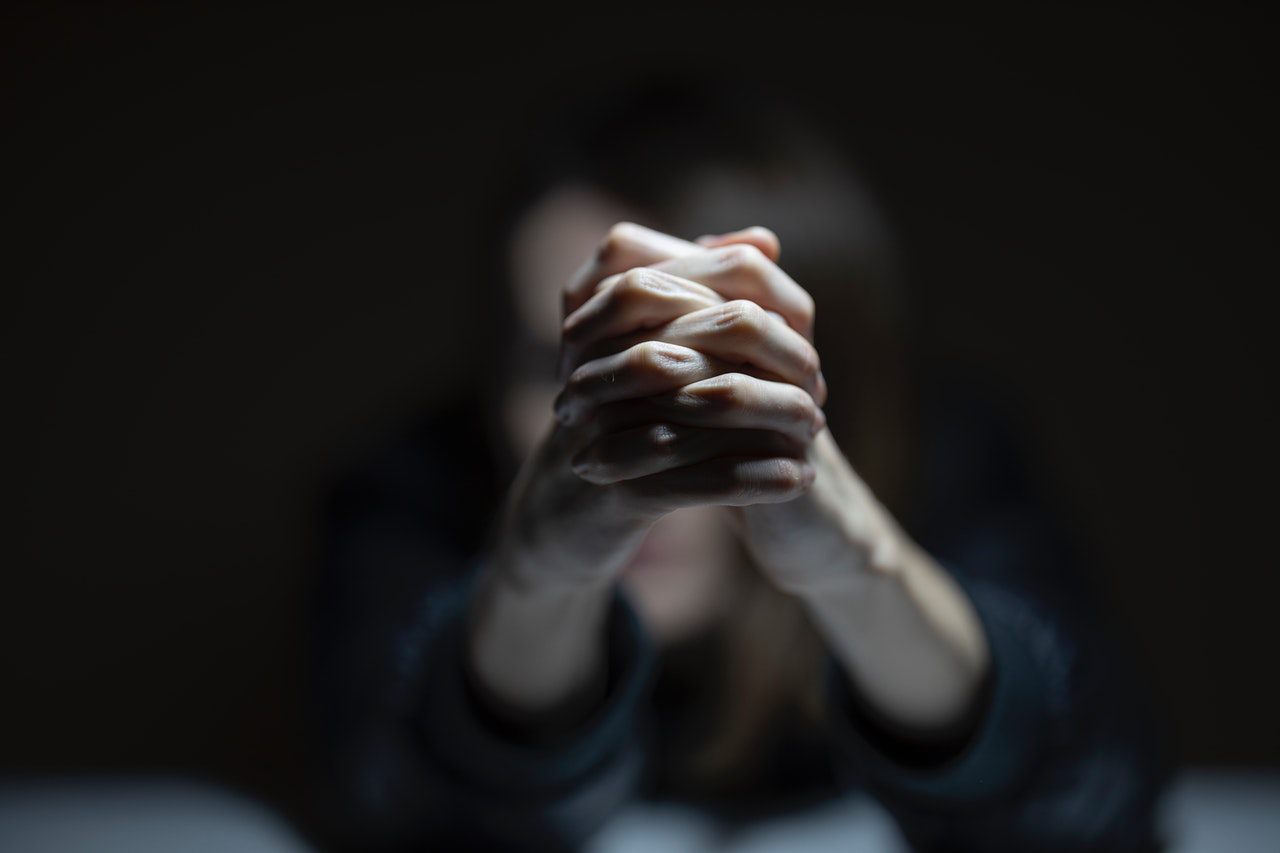
It’s a strange experience being the child of divorced parents. You almost never think about it for a series of days, until you make the awful mistake of casually mentioning it to someone. Some click their tongues in disappointment, some look at you with sorrow or pity. These are usually followed by your attempts to cajole them that you are, indeed, not broken, or a delinquent, or a crack addict, or a person with ‘daddy issues’. Your conversations with such people usually go like this, until you become indifferent to practically everyone:
“I feel so bad for children of divorced parents. It’s such a pity to be broken before you even have the chance.”
“Why would you think children of divorced parents are ‘broken’?”
“Because! Well imagine being exposed to such violence, such..”
“Well, how do you know they’ve been exposed to violence?”
“Because their parents are divorced, right? You must have a pretty tempestuous relationship to have to cut it off like that.”
“That’s not always true. Sometimes you have a tempestuous relationship staying married to someone. So many children of married parents turn out to be broken. Do you feel sorry for them, too?”
Being the child of divorced parents is a lot like being gay in a medieval church (or even today). Someone recently told me that I seem to be buried in secrets. I suppose I never thought of it that way, or even if I did, I’ve always believed everyone had a few of them. Perhaps we keep some things to ourselves, even the most workaday mundane ones, to overcompensate for our increasingly open and digitised lives. As I grow older, however, most of my “secrets” have begun to fall off, like the pages of an old book, instead of becoming consolidated with time.
Being an Outsider is sometimes like being a Secret. You’re endowed with a mysterious, almost fantastical quality, which has much more to do with those who impose that category upon you than you yourself. You’re almost required to be absurd and bizarre, and you can never quite understand why. In order to protect yourself, therefore, you hide any flaw or difference that you believe will invite judgment. It’s like a self-fulfilling prophecy. Pretty soon you’re as secretive as they make you out to be, but not because you’re weird or a serial addict, but because you’re trying so hard to be normal.
One fine day, you wake up, however, and realise that there is no normal. It’s like a dirty trick someone played on you in a school yard, or in a church, where they told you that being gay was a sin. Only it’s not, because there is no sin.
A world with no clear demarcation between the acceptable and the unacceptable is sometimes more difficult to swallow than one that is heaped with elements of the bizarre or the sinister. As the protagonist of Doris Lessing’s magnificent book The Golden Notebook mentions in one instance to her therapist: “People don’t mind immoral messages. They don’t mind art which says that murder is good, cruelty is good, sex for sex’s sake is good. They like it, provided the message is wrapped up a little. And they like messages saying that murder is bad, cruelty is bad, and love is love is love is love. What they can’t stand is to be told it all doesn’t matter, they can’t stand formlessness.”
The Outsider, as we have reason to believe, plays a definite role within communities. The Outsider is the fetish, the mysterious, the jackass, the sinister. The Outsider defines the boundaries for the Insider while remaining on the Outside. And the Outsider, too, exists within clearly demarcated lines. But what if these lines, these haphazardly constructed categories exist solely to pacify the fears of chaos and the unknown, of formlessness? Perhaps this well-formed fear of the unspecified does not indicate to the existence of the Outsider, but what lies beyond it. Perhaps the Outsider plays the function of keeping these fears at bay.
Reading authors and plays like French West Indian psychiatrist and political philosopher Frantz Fanon and The Tragedy of King Christophe (Aimé Césaire, 1963) for my MA Creative Writing classes has brought me to the painful realisation that the violence of colonisation not only seeps within the post-colonial world, but has also cracked up our perception of institutions and how power functions. For in the extremely multilayered, nuanced and violent relationship that exists between countries or people that play the role of the Oppressor and Oppressed, an essentially binary view of the world is created, whereby the options afforded to the Oppressed in wanting to break out of their marginalisation lie in replacing the Oppressor within a system that basically remains unchanged. Such a limited perspective of alternatives forces the binary worldview in all that we do, in a way that prevents us from making any real change.
The Political Alternative
Last year, as a member of a student Communist party, I sleepwalked into a lecture organised by party cadres, where a distinguished professor conducted a rather interactive session on “The Importance of Leftist Politics” or as I like to call it, “The Importance of Choosing Sides.” He reiterated that the vast majority of the working classes in our country do realise the importance of an organised political movement, especially one that works on their behalf. The importance of choosing the Left has been a pressing issue for many students like me and, quite frankly, a lot of us have needed to be coerced into it. Many of my friends dislike the Right, the growing fascist violence in the country, and agree more or less with Marxist theories. What they don’t understand is the absolute necessity of siding with the left. “I like to think for myself, not be tied down by the dynamics of a movement.” is what my ‘liberal’ friends like to tell me. Sometimes they also resort to the old argument of “I’m a freethinker”. My Communist friends, on the other hand, cannot help but wrinkle their noses at “those liberals” who are so hell-bent on being neutral that they miss the chance of becoming part of a mass movement actually directed against the Right. The Left, or more precisely Communism, as I’m told by those liberals, is part of a long-lost dream. It’s a hopelessly naïve fantasy, one that cannot be turned into reality.
Sometimes though, I am almost touched by the humanity of the Commie dream precisely because it is not rooted in the hard core logic of reality. The Commie dream is the endless, almost unbearable faith in the goodness of humankind. It is attempting to search for dawn in a room almost stuck within the throes of the night. The morning will come, they say, and prepare for it diligently, even as all evidence points to the contrary. This unquestioning, intoxicating, unmovable faith in the inevitability of a certain kind of Tomorrow guarantees its perpetual fascination for people like me, who believe in such radical faith to be able to move mountains. Or perhaps we’re merely hopelessly illogical.
As a former liberal, I remember holding on to a different kind of binary. The India of the 70’s for instance, the India of my parents, the complacent India of the middle classes, seemed content with the gap-toothed reliability of the Congress Party. My mother’s very urban, privileged, liberal Brahmin family still believes in the idea of the good Hindu, an idea that I’m baffled hasn’t put them off despite being shattered endlessly. My father’s family, Muslim and Kashmiri, isolated for most periods in Kashmir, doesn’t believe in any idea that upholds any kind of India. For them, India is the Enemy. Period.
I’ve tried, hopelessly, to take the middle road for most periods of my life. I did not want to entirely hate India, because I did not wish to live in Kashmir. In a way, I was almost grateful to be living with my mother. I did not have to suffer perpetual curfews and army barging into my living room all through my growing up years, and for that I almost forced myself to love my country. I suppressed the memory of Kashmir (still fresh, looming large) into the back of my head, with much effort. The Memory, however, popped up like an old wound (old friend) at the oddest of hours; at a random comment snapped at by a stranger, for instance, or an opinion article in a newspaper.
I desperately tried to take a side, but couldn’t. The dilemma almost drove me nuts, to the verge of hallucinations. This has made it possible for me to understand the dilemma of those who absolutely cannot take sides. I see it almost as a physical limitation; it is the limitation of the liberal idea of a collective history; it’s our historical idea as urban intellectuals and our image of ourselves as a non-violent, neutral, satyagrahi people. It is the image of my Brahmin family that I suffered on my person for years, because I couldn’t bear the alternative, the bitter wound borne by my other family. We have legitimate and illegitimate sides, and I carried around the hurt and shame of my other side almost like an illegitimate child.
It is the unbearable pain of acknowledgement. It is cowardice, to be sure, but it is also necessary.
The ascendency of political figures like Arvind Kejriwal into our political arena signifies this necessity. People like me, people I knew, wanted to believe in this idea of a non-political sort of political victory. We did not want to choose sides, and so believed in this man who offered us a different kind of possibility. He made us believe in the importance of civic issues sans a communal angle within the political establishment, a perspective most of us believed to be a refreshing take on Old Things. The Old Things kept rotting away at the core of our belief in our political system, like a bad dream played over and over on a jammed record player, and which seemed to be an inescapable route back to the binary between the BJP and the Congress parties. We were sick of the Binary. We wanted out, in any way possible, even if we did not really have all the time in the world to think things through.
In 2019, as Kejriwal won due to the votes of hopeful political romantics like me, our expectations were shattered a little after he swept the assembly elections. He quickly resorted to age-old tactics of appealing to the majority populace, disregarding the brutalisation suffered by the marginalised communities, referring to the secular image of the country he had upheld until then as Bharat Mata. As the anti-CAA protests tore through the streets of Delhi, he still refused to take sides, or even meet with aggrieved protesters.
A Communist party novice, I was baffled by the weariness of my senior comrades, the ones who easily brushed my concerns with “I told you so.” Yes you did, you really did. You offered me Reason and Logic stone cold on a platter, but I did not take it. I still wanted to believe in an Alternative, even though I have ‘fallen’ to the side of cynical, ‘practical’ romantics like You. I wanted to believe there was an Outside, any Outside, the one I’d endowed with specific qualities. But there is no Outside. Oh, I’m so stupid.
In the coming weeks, I saw most of my liberal friends move away from the subject of Kejriwal, too, steeped a little in embarrassment. When we met for chai or a smoke, they quickly turned to other topics. The politics of the then current scenario hung like a limp mat on an old staircase. We were very careful not to venture near it, fearful of the dust and mite.
Unlike the other Communists they or even I knew, however, I did not prod them, or use their embarrassment as a weapon to question their ambivalence, or their unwillingness to take a side. I still remembered my own ambivalence that woke me up occasionally on hot nights in gasps and starts. I remembered my inability to take a stand, the inability that stemmed from a lack of choice.
But mostly, I admired their inability to commit, their commitment to a lack of commitment. In a strange way, their illogicality reminded me of the illogicality of an ingenious Commie.
More from The Byword
Comments
*Comments will be moderated




